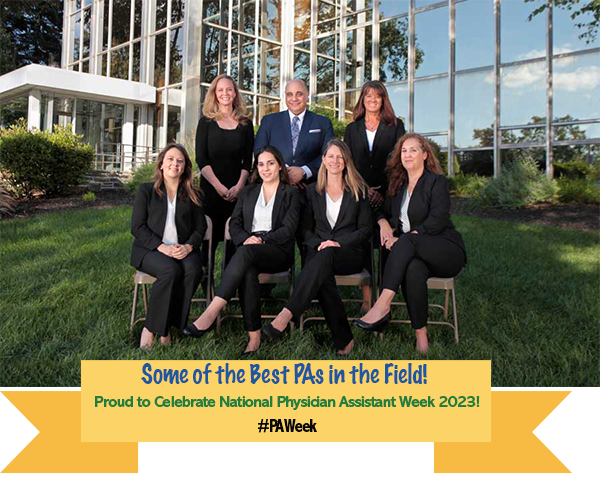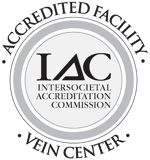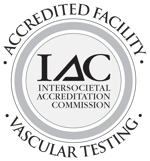Modern healthcare, more than ever, requires a team approach to deliver integrated, high-quality care. Prominent in this delivery team are Physician Assistants (PAs) who work tirelessly behind the scenes, extending the reach of physicians and providing critical patient care.
During National Physician Assistants Week, we celebrate these unsung heroes who make it possible to care for patients and deliver personalized, one-on-one care.
The Vital Role of Physician Assistants
Physician Assistants are well-trained healthcare professionals who collaborate with physicians to provide comprehensive care to patients across various specialties. Their role is indispensable, and here's why:
- Expanding Access to Care: PAs help bridge the gap between the ever-increasing demand for healthcare services and the availability of physicians. This expansion of the healthcare workforce is crucial, particularly in underserved areas and during times of medical crises.
- Versatile Care Providers: Trained across many specialties, PAs are able to adapt to a wide range of clinical settings. This versatility ensures that patients receive expert care regardless of the situation.
- Enhanced Patient Care: PAs provide invaluable one-on-one care to patients. They take the time to listen, diagnose, and educate patients about their conditions and treatment options, contributing to better outcomes.
- Collaborative Care: PAs work in close collaboration with physicians, ensuring a team-based approach to patient care. This collaboration results in well-rounded and comprehensive medical treatment plans.
The Journey to Becoming a Physician Assistant
The path to becoming a Physician Assistant is demanding and rigorous, ensuring that they are well-prepared for the complexities of healthcare. Here's an overview of the training and qualifications required:
- Education: PAs must complete a bachelor's degree with prerequisite courses in the life sciences. Following completion of college, PAs enroll in a program, typically a master's degree program that lasts 2-3 years. PA programs include both classroom instruction and clinical rotations.
- Clinical Rotations: During their program, PA students undergo intensive clinical rotations across various medical specialties, gaining hands-on experience under the supervision of seasoned healthcare professionals.
- Certification: After completing their education, aspiring PAs must pass the Physician Assistant National Certifying Examination (PANCE) to become certified. This rigorous exam tests their knowledge and clinical skills.
- Licensing: Once certified, PAs are required to obtain state licensure to practice. They also need to participate in ongoing continuing medical education to maintain their licensure.
During National Physician Assistants Week, we are delighted to recognize and appreciate the vital role PAs play in vascular healthcare and at the Vein Institute of New Jersey at The Cardiovascular Care Group. Their extensive training, adaptability, and dedication make them indispensable members of the healthcare team, ensuring that patients receive high-quality, one-on-one care.
Deidre McGagh, PA-C, says, "Working as a PA allows me to make a meaningful difference in patients' lives every day. Whether I'm in the ER, assisting in surgery, or providing follow-up care, I feel privileged to be part of a team that ensures patients receive the best care possible."
Kimberly Sweet, PA-C, adds, "Our profession enables healthcare to be more accessible and efficient. By collaborating with physicians, we extend their capabilities and help reduce wait times for patients, ensuring they get the attention they deserve."
Let's celebrate these unsung heroes who work tirelessly to improve the health and well-being of our communities.








.jpg?width=944&name=Castle-Connolly-Top-Doctors-Emblem-Large%20(4).jpg)